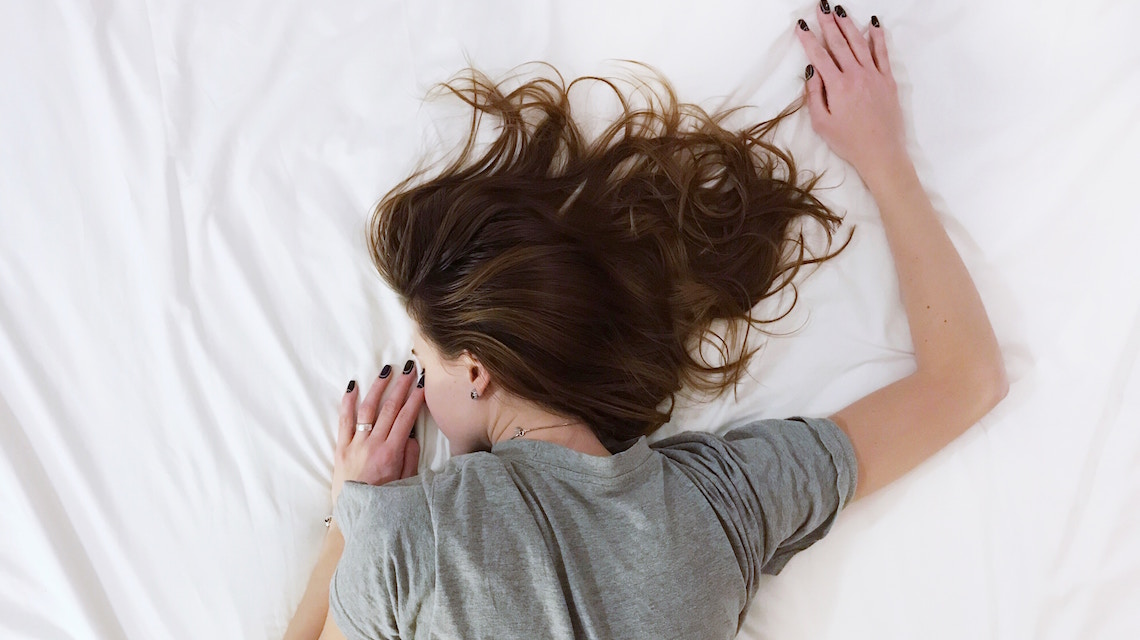If you’re anything like us, those precious extra minutes of snoozing in the morning seem like no brainer! And how is it that you are never more comfortable than when that alarm goes off?!
Studies show that snoozing before we get up for the day is pretty standard practice, with more than half of people ages 25-34 hitting snooze daily. Unfortunately, hitting that snooze button might be leaving you more tired than you think.
If you snooze, you lose
Leaders in this science say we go through sleep cycles that last around 45 minutes and if you’re snoozing for additional periods of just nine or ten minutes at a time, you will never get back into any meaningful rest. This REM sleep is really important for our brains to properly rest and form new memories. Not getting this quality sleep can have consequences to our physical and mental health.
What’s more, recent research has shown that hitting the snooze button can extend the period of grogginess —called sleep inertia — we feel upon first waking. If you are woken towards the end of your sleep cycle, like when your alarm first goes off in the morning, your sleep inertia tends to last for up to 30 minutes as your brain adjusts to the waking-up process. But, when you hit the snooze button and go back to sleep, the next time you are woken by your alarm (usually just nine minutes later!) you are only at the start of a sleep cycle. And being jolted awake at this time can cause sleep inertia and grogginess that can last for up to four hours.
Want to become a morning person? Here are our top tips to making getting out of bed that little bit easier:
Get to bed earlier
Experts recommend all adults should be getting between 7-9 hours of quality sleep each night. Getting enough sleep will not only replenish your energy levels and set you up for a productive day ahead, but it can also help manage your hunger levels, maintain your immune systems and retain memory.
Don’t use your phone as your alarm
Ideally, we’d all wake up naturally every morning. But, let’s face it: most of us don’t have that luxury. Using your phone as an alarm clock usually means it’s next to you as you sleep, potentially buzzing or lighting up as notifications happen throughout the night, and interrupting your sleep. Sleeping with your phone next to you also lead to the temptation to keep looking at your phone in bed, which can make it harder to nod off. So, keep the phone out of the bedroom and instead use a clock alarm. Even better, placing it on the other side of your room will force you to get up and out of bed to turn it off, making it much easier to resist that snooze button!
Get outside
Going outside in the morning sun and getting that first breath of morning air is an invigorating, energizing way to wake up. Exposure to natural daylight first-thing can have a huge impact on your levels of serotonin and cortisol, leading to a better-regulated body clock, better quality sleep at night, and improved mood. So, take your morning coffee (or lemon water) out onto your porch for a few mins of early morning light. Or, if you’re feeling particularly energetic, use this period to get out for an early morning walk or run!


